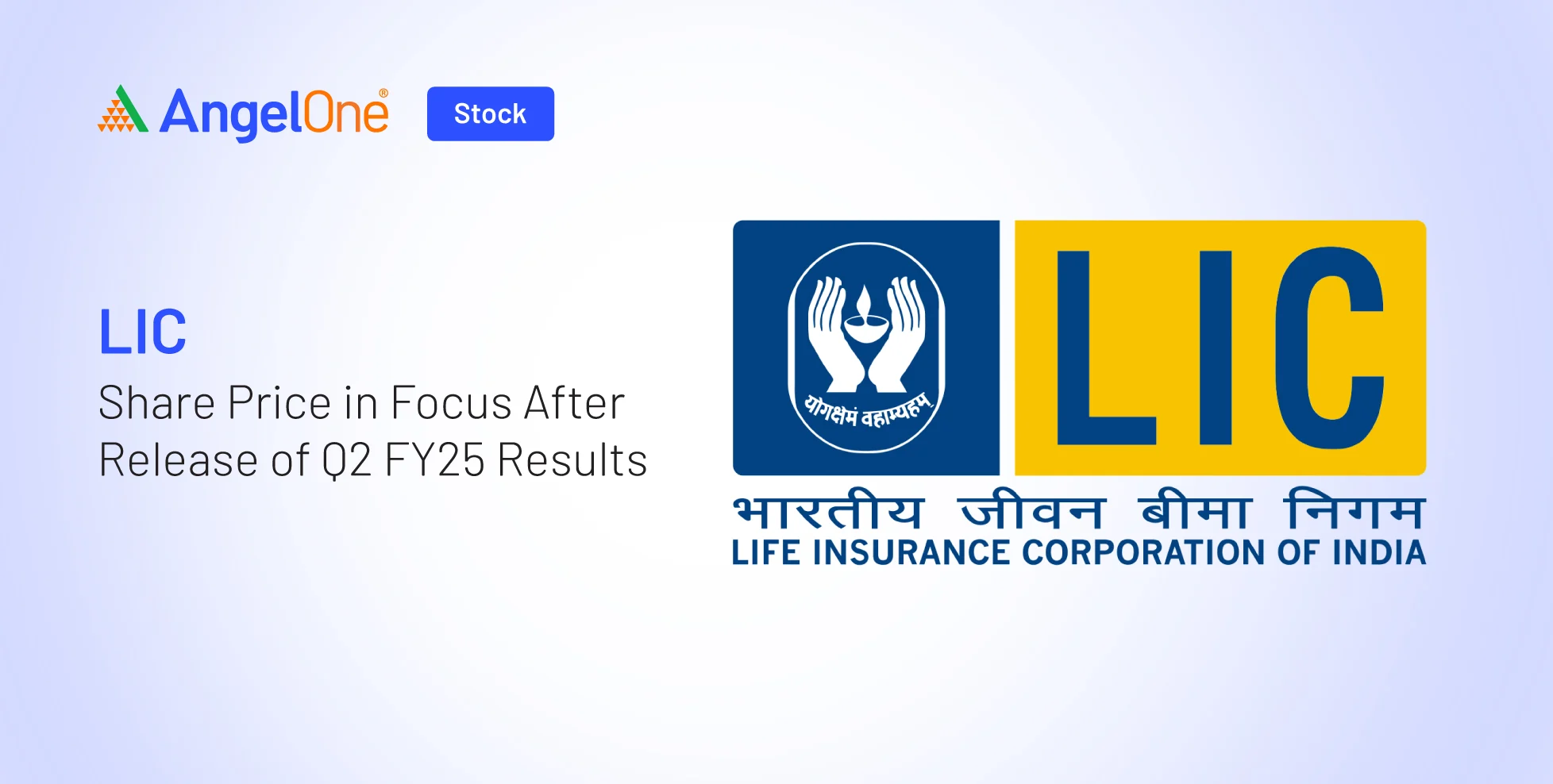GST Removed from Life and Health Insurance: In a significant move to ease the financial burden on Indian policyholders, the GST Council recently decided to exempt individual life and health insurance premiums from Goods and Services Tax (GST). This decision is expected to offer substantial relief, especially as healthcare costs continue to rise at double-digit rates and inflation puts pressure on household finances.
Currently, policyholders pay an 18% GST on top of the base premium for life and health insurance products, making them significantly more expensive. The removal of GST on these products is a welcome change that will reshape the insurance affordability landscape, encourage broader insurance adoption, and help individuals better safeguard their financial health.
Let’s take a closer look at what this exemption means, who benefits, and how much policyholders stand to gain.
Current GST Impact on Insurance Premiums
At present, the 18% GST applies to the total premium paid by individual policyholders on life and health insurance policies. For example:
- If the base annual premium for a life insurance plan is ₹50,000, the GST component would be ₹9,000 (18% of ₹50,000), making the total premium payable ₹59,000.
- Similarly, for a health insurance policy costing ₹30,000 annually, an additional ₹5,400 GST is charged, totaling ₹35,400.
This extra burden makes insurance less attractive, especially for lower and middle-income households, and impacts affordability in an already inflationary environment.
Read about: Skilling for Tomorrow’s Insurance: HR’s Role in Nurturing Future Talent
How Much Will You Gain After GST Exemption?
With the GST Council’s decision to exempt life and health insurance premiums from GST, policyholders will now save a flat 18% on their insurance premiums going forward. Here’s a simplified illustration:
| Product Type | Annual Base Premium (₹) | Savings (18%) (₹) | New Payable Premium (₹) |
|---|---|---|---|
| Life Insurance | 50,000 | 9,000 | 50,000 |
| Health Insurance | 30,000 | 5,400 | 30,000 |
This means direct cost savings of ₹9,000 on life insurance and ₹5,400 on health insurance annually for the given examples.
For policyholders with multiple insurance plans or higher coverage limits, the cumulative savings could be substantial, thereby improving long-term affordability and encouraging broader coverage.
Why This Exemption Matters Now
1. Rising Medical Inflation
Healthcare costs in India are increasing at double-digit rates annually. Health insurance is critical in providing financial protection from rising hospital bills, medication costs, and treatment charges.
2. Improved Insurance Penetration
The GST exemption makes insurance more affordable and attractive, especially for first-time buyers and low-income segments. It lowers the barrier to entry and could lead to higher insurance adoption rates in India.
3. Better Returns on Life Insurance
For life insurance policies that combine protection and savings (such as endowment or ULIPs), lower premiums mean improved returns or higher coverage for the same premium amount.

Broader Implications for the Insurance Sector
- Insurance Companies: May experience increased demand as affordability improves.
- Policyholders: Benefit from direct premium savings and enhanced financial protection.
- Government Revenue: The exemption will result in reduced GST collections from the insurance sector but is expected to boost overall insurance market size over time.
Also read: Nissan Kicks Review 2025: A Stylish, Youthful Crossover with Practical Flair
Conclusion
The GST Council’s decision to exempt individual life and health insurance premiums from GST marks a pivotal shift in India’s financial protection ecosystem. With 18% savings on insurance premiums, policyholders stand to gain significantly, making it easier to invest in protection and savings products.
This measure is particularly important given rising medical inflation and growing health risks, as it removes a key affordability barrier and strengthens the case for wider insurance coverage.
In the coming months, experts anticipate a surge in life and health insurance uptake as consumers become more price-conscious and aware of the newfound affordability.
The move is a strategic step toward improving financial security across India and enhancing the resilience of households against unforeseen health or life emergencies.
FAQ Section
1. What does the GST exemption mean for my life and health insurance premiums?
The exemption means that individual life and health insurance premiums will no longer be subject to the 18% GST. Policyholders will now only pay the base premium, reducing their overall annual insurance cost significantly.
2. How much can I expect to save annually after the GST exemption?
For example, on a ₹50,000 life insurance policy, you would save ₹9,000 annually. On a ₹30,000 health insurance policy, the savings would be ₹5,400 per year. These savings scale with higher coverage amounts or multiple policies.
3. Why did the government remove GST from insurance premiums now?
The decision aligns with efforts to improve financial inclusion and affordability, particularly as healthcare costs surge and inflation impacts household finances. It also aims to encourage a broader insurance adoption.
4. Will the GST exemption apply to group insurance policies as well?
Currently, the exemption applies specifically to individual life and health insurance premiums. Group policies may still attract GST unless the government provides further clarification or changes the policy.
5. How will this impact the insurance sector overall?
Insurance companies are likely to experience an increase in policy uptake due to improved affordability. While the government may see lower tax revenue from GST in this sector, the long-term effect could be a larger insurance market, leading to greater financial protection for citizens.






